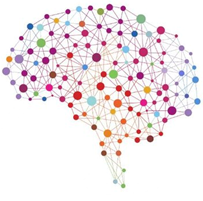Title: Self-models and counterfactual self-simulation
Abstract: Brains encode knowledge not only about the external world but also about their own functioning. These internal self-models are critical for knowing what we would perceive, remember, and do in hypothetical and counterfactual world states (“Would I remember if I met her before?”, “Would I have noticed if someone called my name?”, “Would I have understood my paper if I hadn’t written it myself?”). I will present results that indicate a role for internal self-models in perceptual decisions about the absence of stimuli and in overcoming the curse of knowledge when feigning ignorance. In both cases, human behaviour reveals hard limits on the capacity for reasoning about counterfactual mental states. I will argue that targeting the ways self-models are used in cognition, rather than how they appear to us upon reflection, is an important next step for the science of self-knowledge and metacognition.

